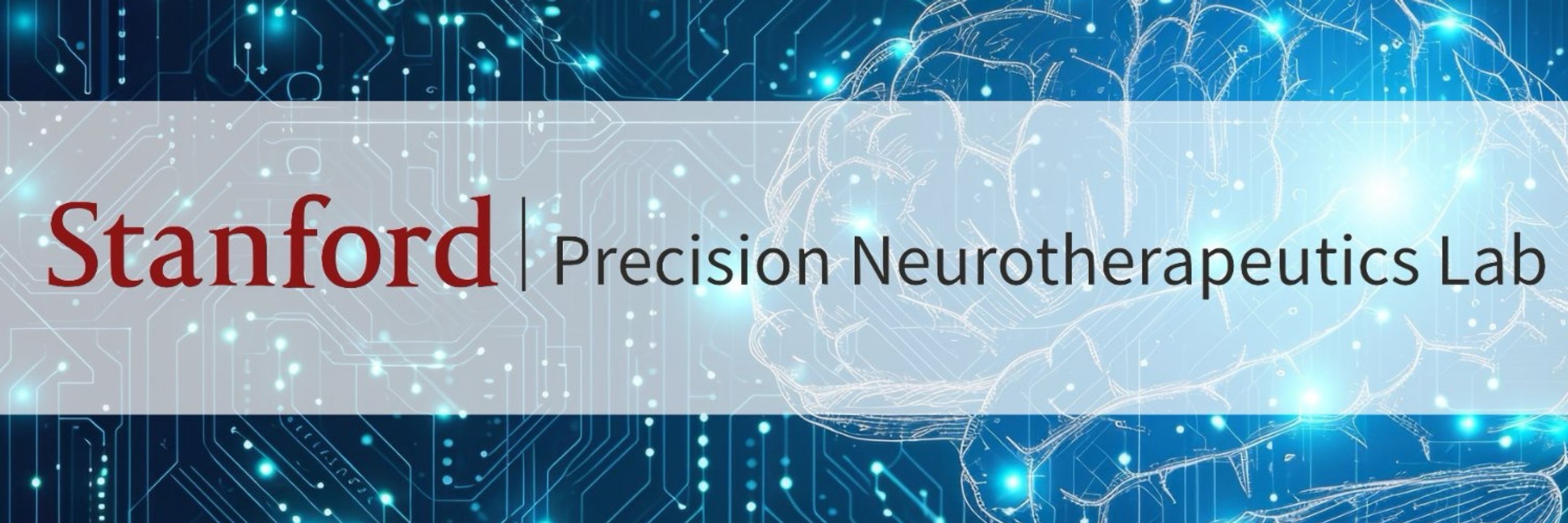
precisionneuro.stanford.edu
Dedicated to advancing neuroscience by deconstructing brain stimulation to build personalized treatments for mental health disorders 🚀
Check out our work and learn more about us!
🔗 precisionneuro.stanford.edu (1/2)
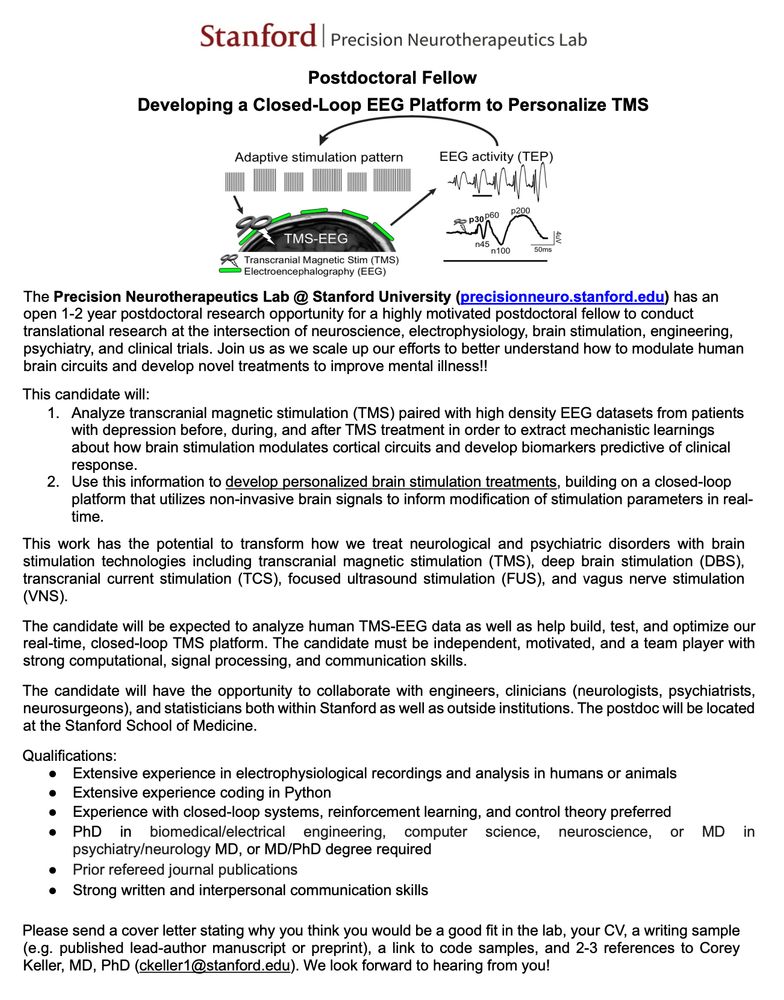
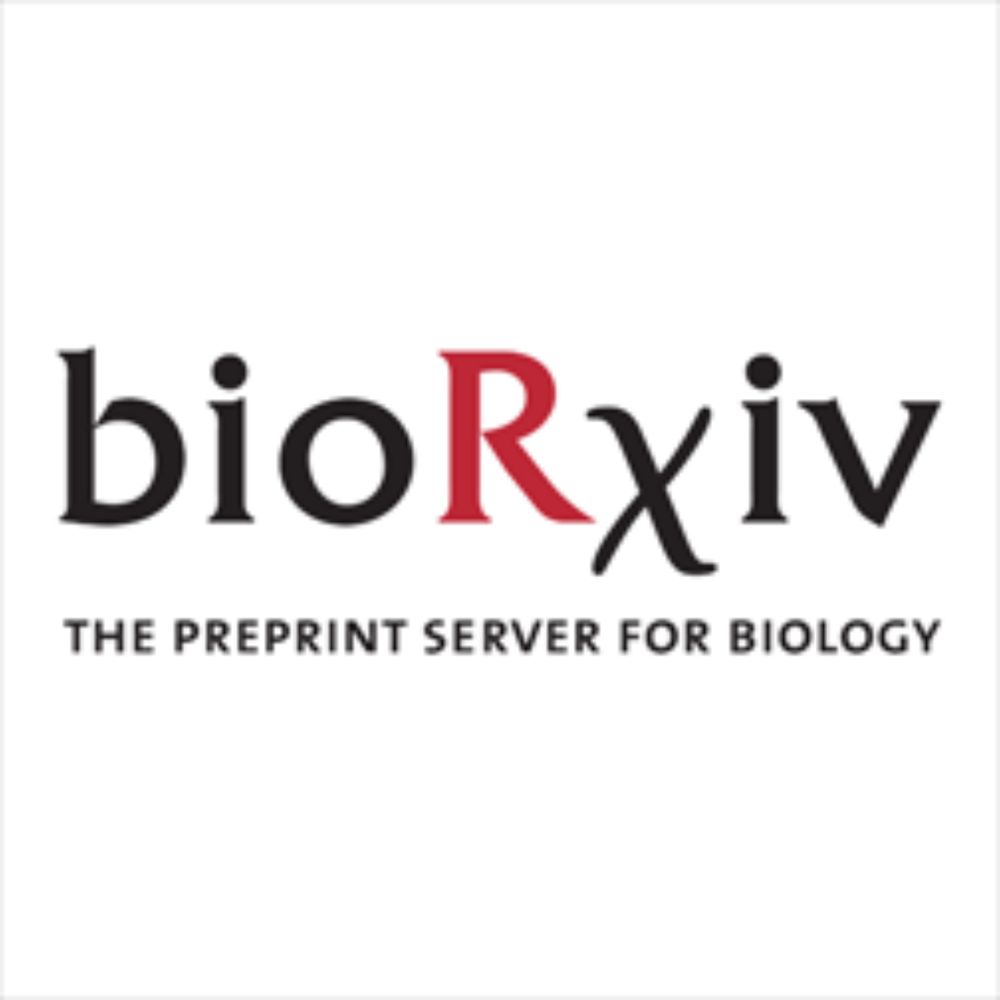
@sparmi.bsky.social @stanfordpntlab.bsky.social @clinicalneuroph.bsky.social doi.org/10.1016/j.clinph.2025.02.261 1/7
@sparmi.bsky.social @stanfordpntlab.bsky.social @clinicalneuroph.bsky.social doi.org/10.1016/j.clinph.2025.02.261 1/7
@sparmi.bsky.social @stanfordpntlab.bsky.social @clinicalneuroph.bsky.social doi.org/10.1016/j.clinph.2025.02.261 1/7
@sparmi.bsky.social @stanfordpntlab.bsky.social @clinicalneuroph.bsky.social doi.org/10.1016/j.clinph.2025.02.261 1/7

@sparmi.bsky.social @chrisclineneuro.bsky.social @juhagogulski.bsky.social @jessicamross8.bsky.social @coreykeller.bsky.social
Read more below 👇 @stanfordbrain.bsky.social
@saraparmi @KellerStanfordU @ClinicalNeuroph doi.org/10.1016/j.clinph.2025.02.261 1/7

@sparmi.bsky.social @chrisclineneuro.bsky.social @juhagogulski.bsky.social @jessicamross8.bsky.social @coreykeller.bsky.social
Read more below 👇 @stanfordbrain.bsky.social

Learn more: neuroscience.stanford.edu/news/brain-i...
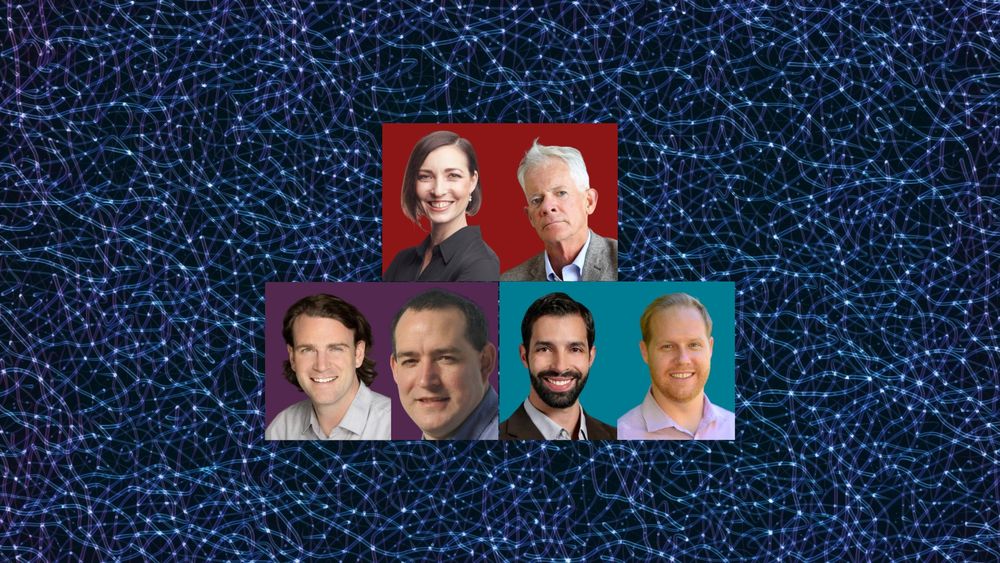
Learn more: neuroscience.stanford.edu/news/brain-i...
@coreykeller.bsky.social @juhagogulski.bsky.social & @chrisclineneuro.bsky.social are presenting on #TMSEEG, plasticity & precision neuromodulation 🧠⚡
See the full lineup below! 📸✨ @stanfordmedicine.bsky.social #neuroscience
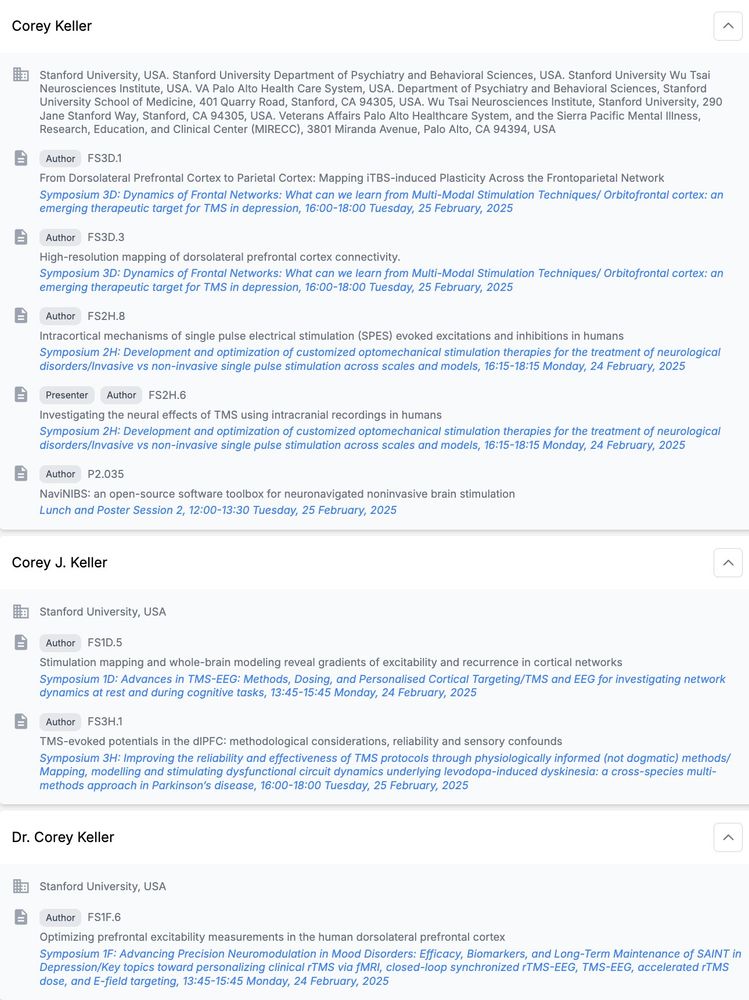
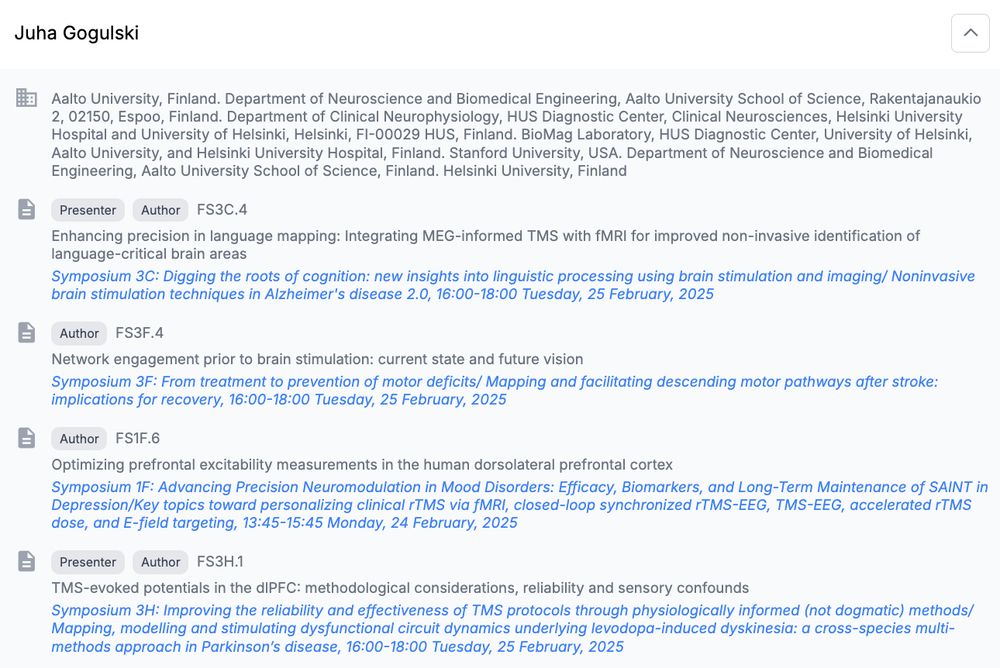
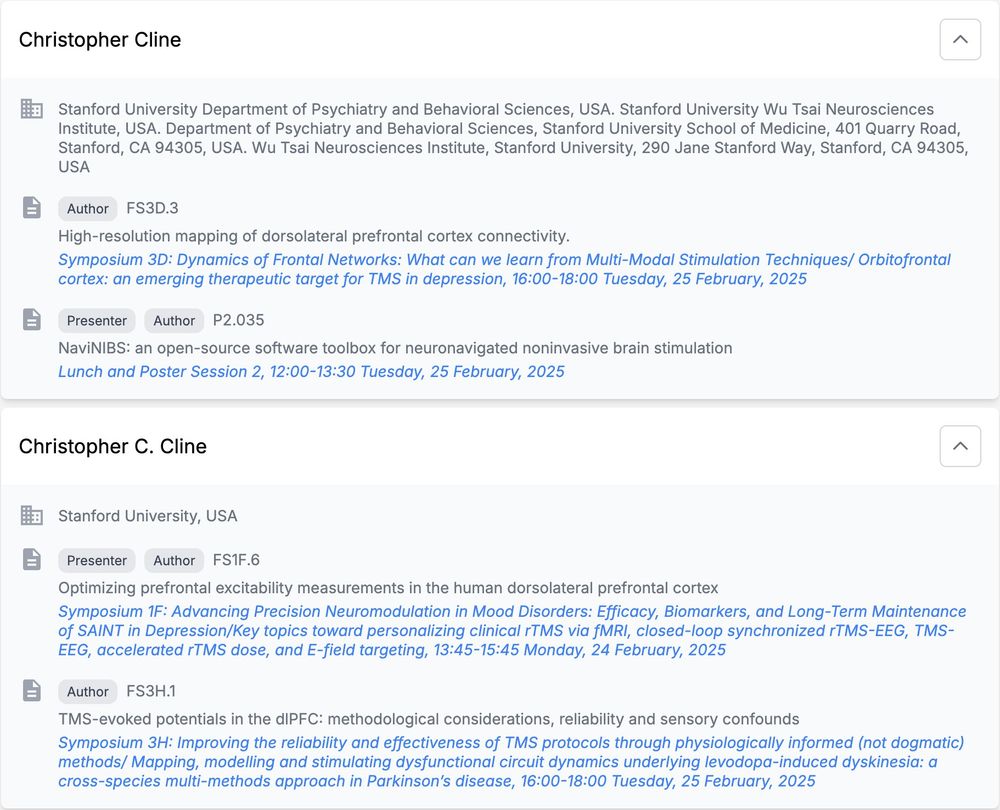
@coreykeller.bsky.social @juhagogulski.bsky.social & @chrisclineneuro.bsky.social are presenting on #TMSEEG, plasticity & precision neuromodulation 🧠⚡
See the full lineup below! 📸✨ @stanfordmedicine.bsky.social #neuroscience

Thread below 👇 @stanfordmedicine.bsky.social #StanfordMed #StanfordBrain (1/10)
Thread below 👇 @stanfordmedicine.bsky.social #StanfordMed #StanfordBrain (1/10)
🎉Congrats to our co-director Chris Cline, lead developer of NaviNIBS!
We hope to enable new possibilities for innovations in neuronavigation #TMSEEG @stanfordmedicine.bsky.social (1/5)
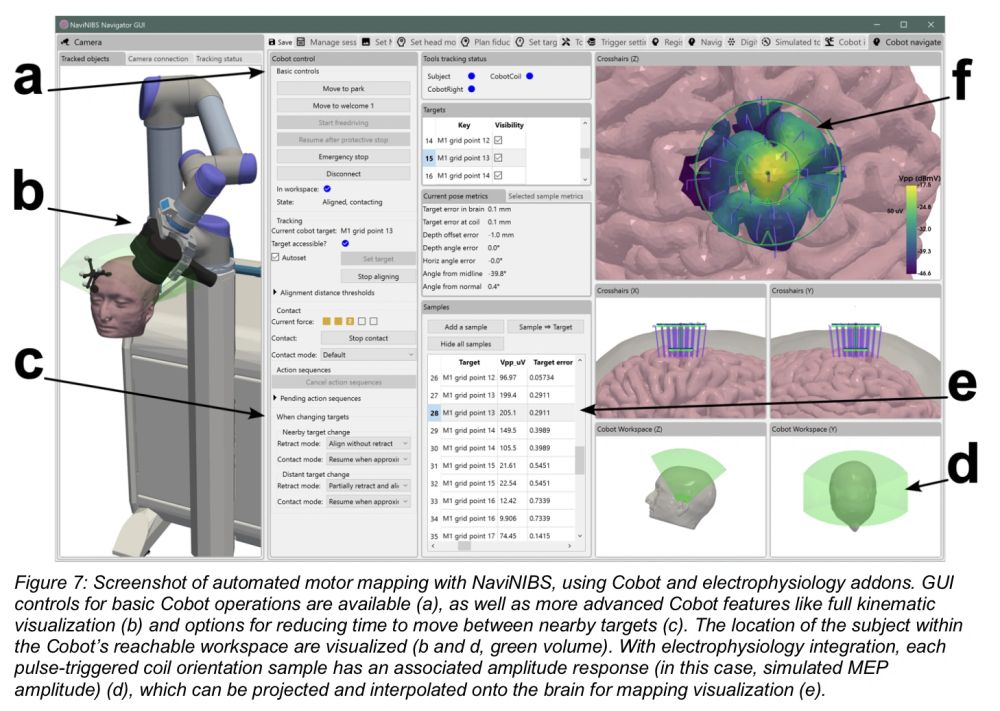
🎉Congrats to our co-director Chris Cline, lead developer of NaviNIBS!
We hope to enable new possibilities for innovations in neuronavigation #TMSEEG @stanfordmedicine.bsky.social (1/5)
Dedicated to advancing neuroscience by deconstructing brain stimulation to build personalized treatments for mental health disorders 🚀
Check out our work and learn more about us!
🔗 precisionneuro.stanford.edu (1/2)
Dedicated to advancing neuroscience by deconstructing brain stimulation to build personalized treatments for mental health disorders 🚀
Check out our work and learn more about us!
🔗 precisionneuro.stanford.edu (1/2)
🎉Congrats to our co-director Chris Cline, lead developer of NaviNIBS!
We hope to enable new possibilities for innovations in neuronavigation #TMSEEG @stanfordmedicine.bsky.social (1/5)

🎉Congrats to our co-director Chris Cline, lead developer of NaviNIBS!
We hope to enable new possibilities for innovations in neuronavigation #TMSEEG @stanfordmedicine.bsky.social (1/5)
Thread below 👇 @stanfordmedicine.bsky.social #StanfordMed #StanfordBrain (1/10)
Thread below 👇 @stanfordmedicine.bsky.social #StanfordMed #StanfordBrain (1/10)
Dedicated to advancing neuroscience by deconstructing brain stimulation to build personalized treatments for mental health disorders 🚀
Check out our work and learn more about us!
🔗 precisionneuro.stanford.edu (1/2)
Dedicated to advancing neuroscience by deconstructing brain stimulation to build personalized treatments for mental health disorders 🚀
Check out our work and learn more about us!
🔗 precisionneuro.stanford.edu (1/2)

